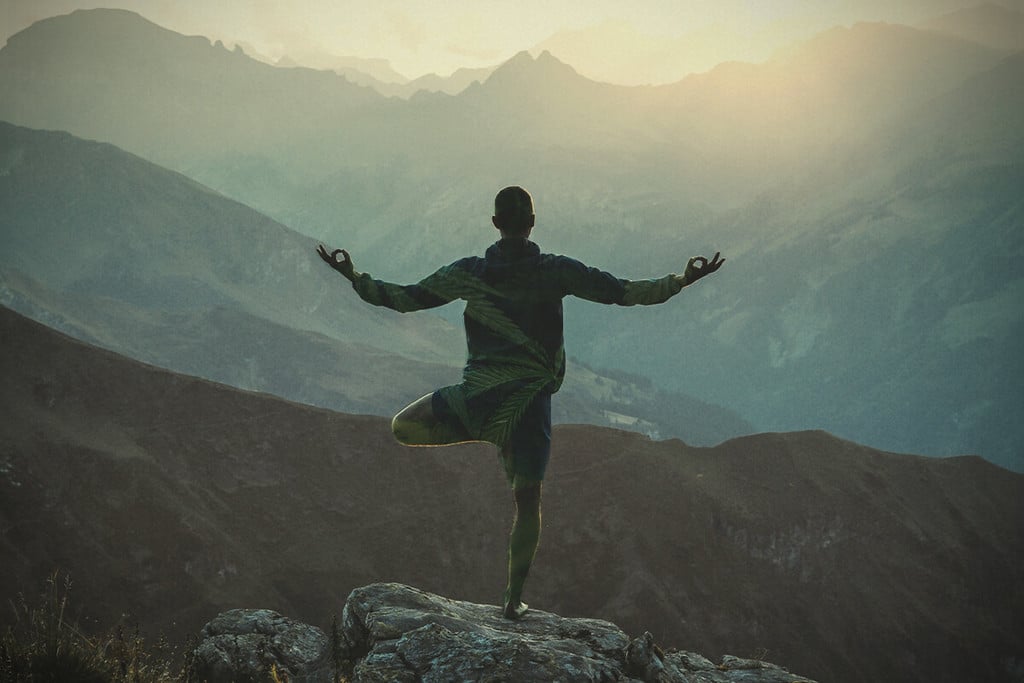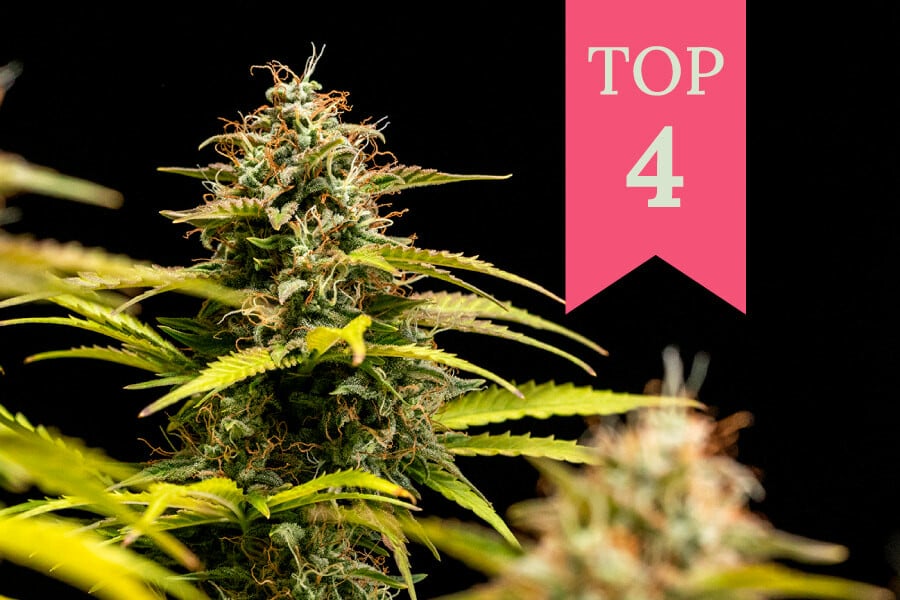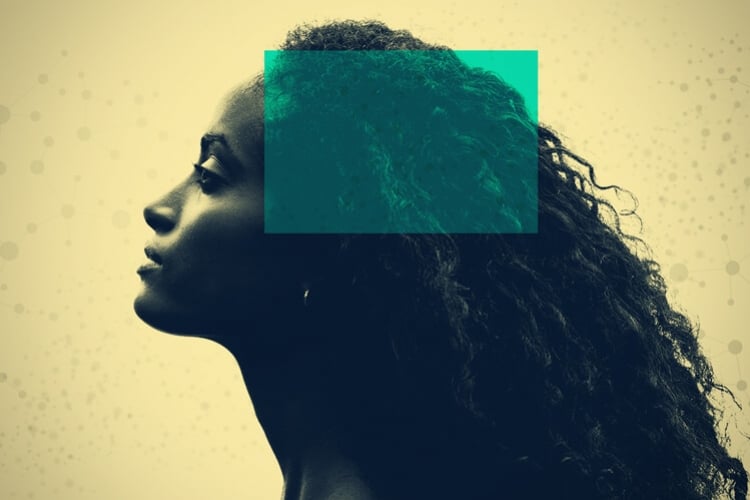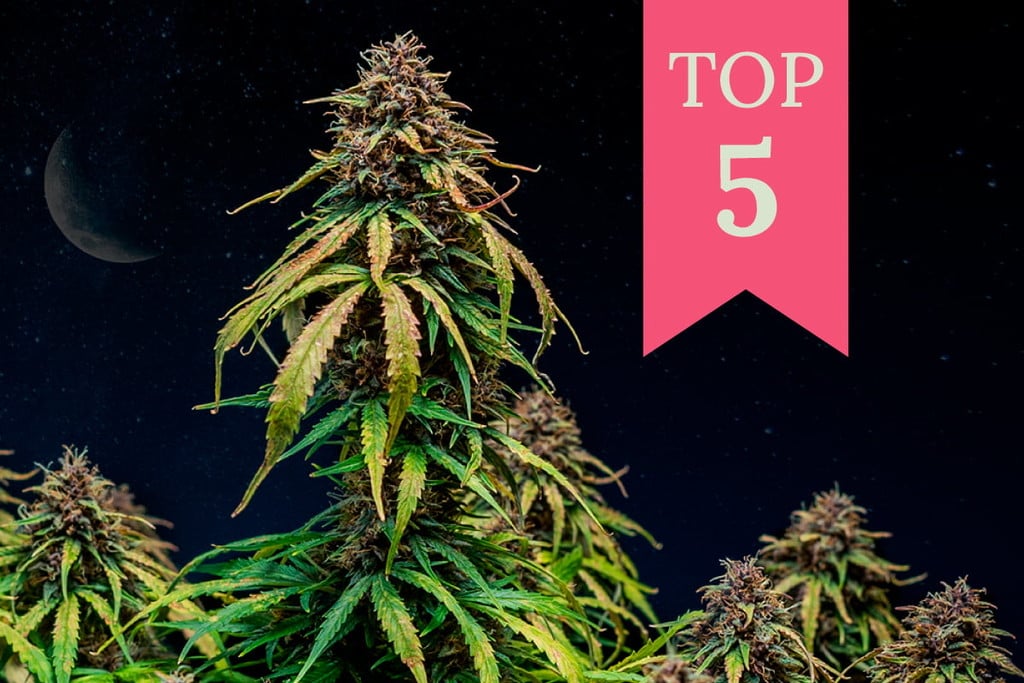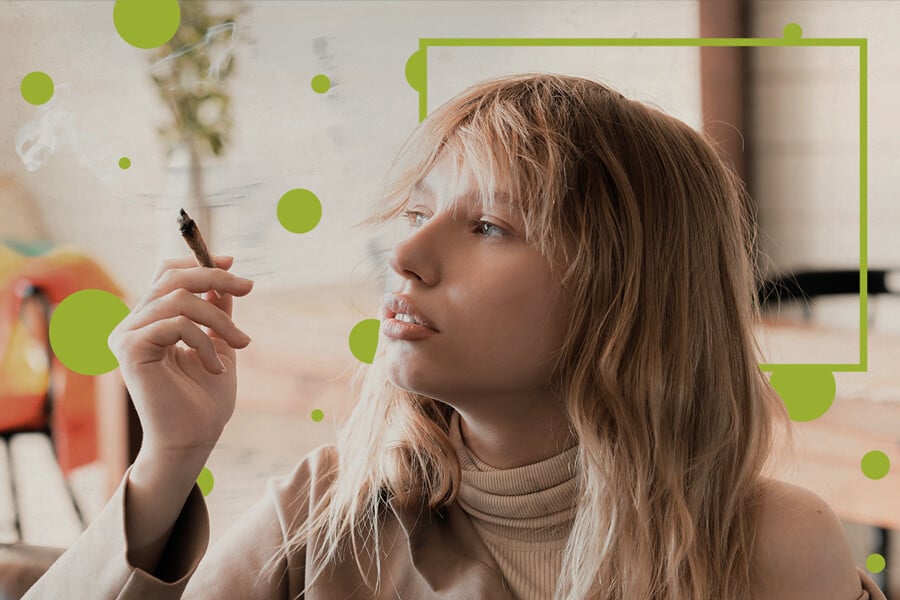.
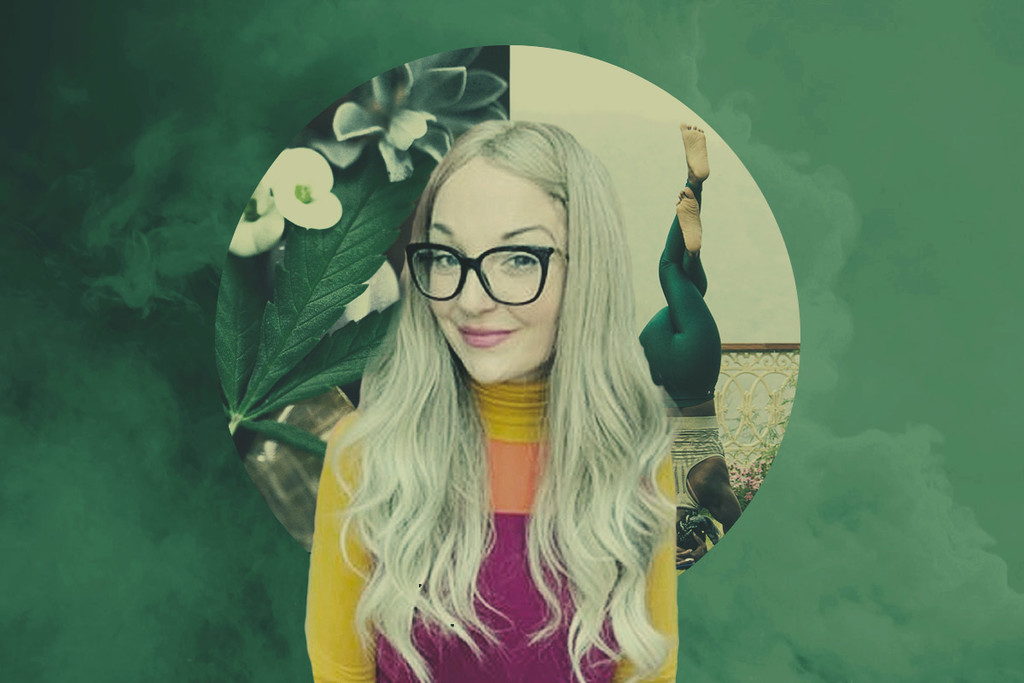
RQS Interviews - Contemplating Weed & Meditation With Jessica
Hi! It's “The Mommy Jane”. As a cannabis advocate and influencer, I try to help smash the stigma of moms and marijuana. After medical cannabis saved my life and family in 2017, I created a virtual “Neighbourhood” on Instagram to help an audience of over 26,000 Neighbours become their best selves through mindfulness practices and plant medicine education (@themommyjane).
Get ready to dive into the world of cannabis and mindfulness. In this RQS interview, we chat with cannabis advocate and influencer Jessica Gonzalez. Join us as we explore how cannabis and meditation complement each other. After learning how weed can promote positivity and acceptance, you’ll discover a meditation practice you can use right away!
1. Rastafari philosophy sees the herb as the “vehicle to cosmic consciousness”. What do you think about this, and how might it affect our relationships?
When I started “The Mommy Jane”, I was writing for Direct Cannabis Network, and my column was called “Consciousness and Cannabis” because I was always really big on the mindfulness that cannabis offers. So the Rastafari understand that this is a third-eye-opening plant—it connects you to your mind, body, and soul. I realised over the years that if you don't meditate, cannabis usually leads you to it. And if you do meditate, it's like, what comes first: the chicken, or the egg? But eventually, those two worlds combine. This happens in part through our events, such as our major BlizzCon convention in Las Vegas. And I remember before some events, we would have “Mskindness B.” lead the room in group meditations, setting intentions for the industry, for our souls that night, for why we use the plant, etc.
I think that's where the big stigma lies; there is sometimes a disconnect in why we use cannabis, and how our lifestyle embodies it as a wellness tool. Are we doing other things like meditating, drinking water, eating a balanced diet, and making sure that we go outside and connect with nature? Or are we just expecting cannabis to change everything for us? I've seen both sides of that coin. So I think it's very important for us to respect the roots of cannabis, understand where it comes from, and understand that it is a very powerful tool that deserves respect. If we don’t start to use it mindfully and as a vehicle for good, the stigma will always be attached.
2. In this regard, how important is perception when experiencing the effects of cannabis?
I always tell my children that I have spaghetti-brain as a mother, as a human. I feel like a spaghetti plate of thoughts and feelings and emotions. And when I sit down and decide that “this is the moment we're going to just “be”—be mindful, be present, and meditate—when you use cannabis, it absolutely takes all of those thoughts and becomes one single strand of pasta (I tell them). I get to focus on that one strand at a time, but I can choose. And once I'm done examining or digesting, that's when I can pick up another noodle and slowly go at it, instead of just taking spoonfuls and trying to digest it like I do during the day.
It's so important that we, once again, see it as a tool. People often say, “Oh, cannabis makes me think about things that I don't really like about myself”. Well, what is it about your life that you need to change? What is the enlightenment that's being brought forth; why are you feeling guilty about something? Or what do you think needs to change in your life that's making you feel that sort of shame? Cannabis is not a low-vibration frequency. So why are you on that cosmic level when you choose to use plant medicine? It's an opportunity for us to dive deeper, understand ourselves better, and change who we are. I was a much more violent person, a more aggressive person; my mood swings were frequent and I had no control over myself or my attitude, and I honestly, truly believe that when I started to practice using cannabis—intentionally visualising it and using it as a plant, and discussing it as the plant that it is (it's not just a recreational tool to have fun)—everything changed; my children's perspectives changed, my family's perspective changed, and I was then able to help heal others. Or show them the healing powers that they can harness themselves through cannabis. Because it takes the right sort of education, the right sort of verbiage, and the right sort of connection. Remember, this plant has been around for thousands of years for a reason.
"That's why I feel it's called “getting high”. I truly believe words mean everything. It doesn't mean you're high like you are when you're on other drugs. It is a highness that is indescribable unless you experience it."
So we have to respect the fact that it isn't going anywhere. How do we modernise it in a respectful way? How do we use it as the superfood it's intended to be? I mean, it really is the world's greatest superfood, and we don't even realise it. We give kale and blueberries and walnuts all this credit, and don't get me wrong, I love a good superfood. But what about the cannabis plant? What about the fact that there's healing cannabinoids and receptors built in our bodies ready to receive this plant? And what about the fact that there's so many varieties because there's so many of us? Maybe one type doesn't work for someone, but it works for another. It’s just absolutely remarkable how personalised this medicine can be, if we allow it to be. But we need to take the time to get to know it.
3. Can cannabis help people deal with anxiety, stress, weight loss, laying off alcohol…?
I personally have experienced the plant’s healing benefits for all of the above. If you’ve followed me for long enough on Instagram or have come across my website (https://www.themommyjane.com/), you've seen that there's been a tremendous change, a complete 180. Who I was four years ago and who I am now; I don't even recognise that woman, and it's such a beautiful thing.
There’s a Golden Buddha in all of us. We always hear that legend of the mud-soaked Buddha, and when they were cracking away at that mud, the crack started to show the gold underneath, and I feel like when we get to that point in consciousness and we start to realise that we have that potential in us—that's another thing that cannabis can do for us. That's another tool that it can provide us if we're using it consciously and in a healthy way. I didn't realise the benefits that can trickle out once you find one healing modality. It can help with your exercise, it can help with replacing your alcohol routine. I realised, “Hey, I'm way more relaxed and there’s less aftermath if I use cannabis alone”, or sometimes in conjunction with maybe one glass of wine instead of four. Or a little toke here or there, or whatever suits your mood and what you need that day.
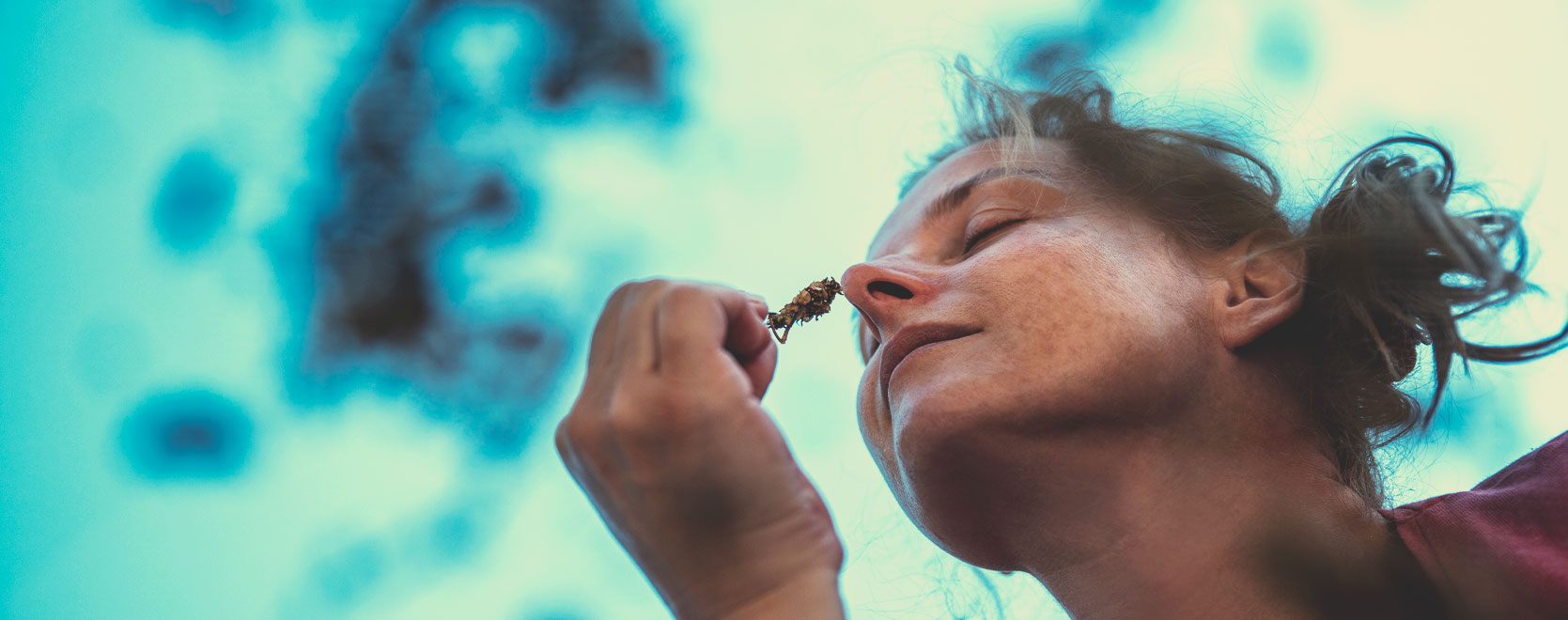
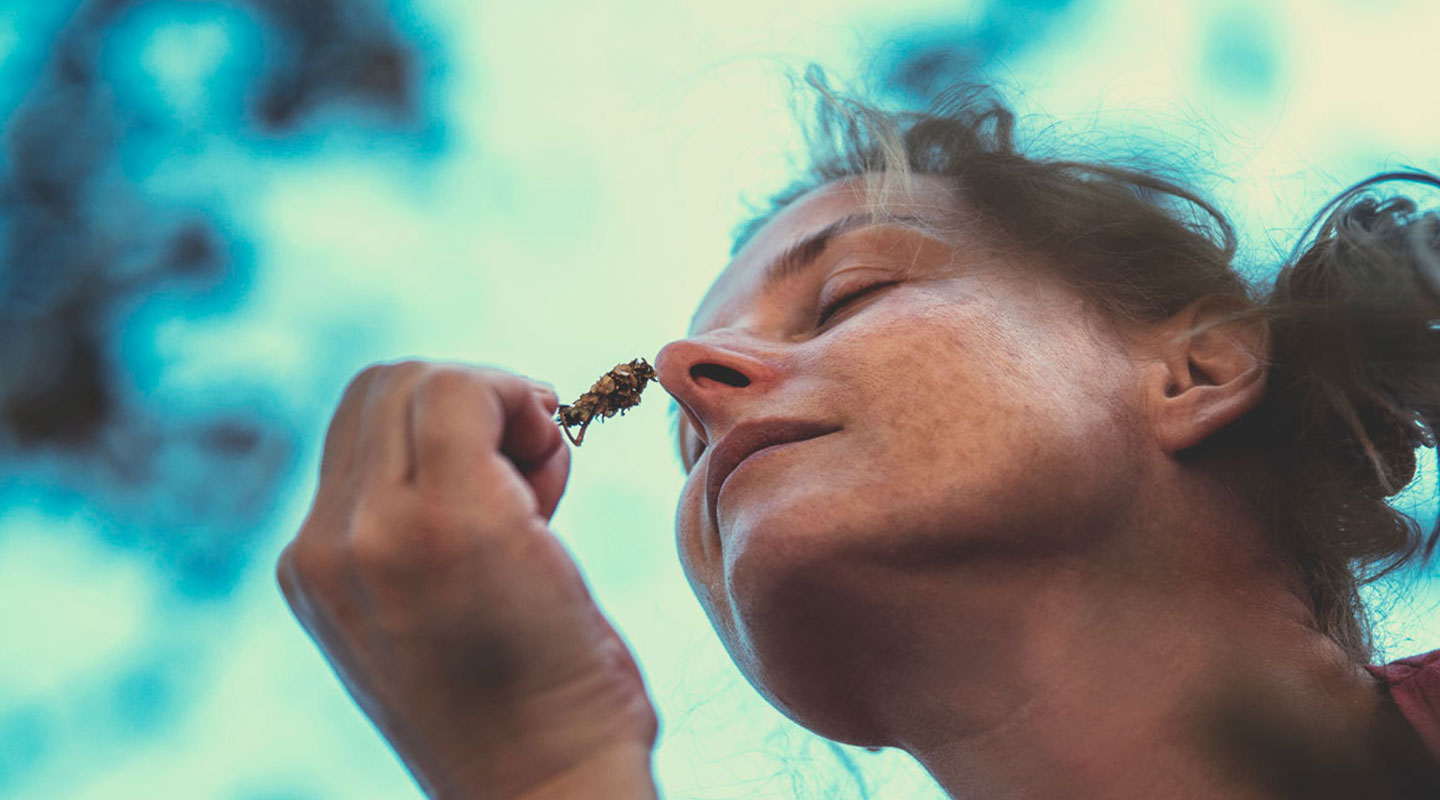
My consumption varies day to day. It varies depending on what I'm doing, and some days, I don't get to experience the full effects of THC until after work, and that's just part of life. And some of us have the ability to use it all day long and are able to conduct work, and that's a beautiful thing too. That's the great thing about this plant; it is so versatile, so multifunctional, and there's so many different ways we can see healing in this plant if we take the time.
So yes, you can replace it with your wine, which will then help you lose weight because your caloric intake goes down, and you're not as tired anymore. So then, in turn, you want to go out for that walk in the morning or hit the gym, if that's what you prefer. There are so many little changes that can happen once we start to utilise the plant mindfully. Maybe we don't use Tylenol as much for our aches and pains, which is way better for us and keeps us from destroying our liver.
So we're not drinking alcohol as much anymore, we're being a little bit more mindful, because I do believe cannabis makes us more conscious of what we're eating and how we feel, and I tend to crave more fruits and vegetables because of this lifestyle. I think it leads us to these more mindful and conscious decisions whether we realise it or not; who we hang out with, the music we listen to, how we dress and think and feel—it all becomes influenced once we start to consider it as part of a larger health and wellness module.
4. Do THC and CBD have different effects in this context? What about THCV?
To answer the first part of the question, the time of day and what I'm doing determine the cannabinoids that I use. I'm very fond of CBN, though I haven't discussed this enough on my page yet, but I will with you first and foremost.
I always say minor cannabinoids have a major impact. Everybody calls them minor cannabinoids, but I don't think that they do minor work—they work big time. So, for instance, I actually take CBN daily, and if I don't, my anxiety is very severe. And CBD does not help it. There is research that states 5mg of CBN is equivalent to 10mg of diazepam. I used to be on SSRIs, I was on antidepressants—and they weren't beneficial to me. The side effects did not outweigh how I felt, and it wasn't as consistent. I just didn't enjoy it.
I know there are many people that use cannabis in conjunction with plant or pill medicine, and that's wonderful. Whatever works for you; I'm so grateful you found that for you, but for me, personally, it wasn't working. So I was very excited and very, very grateful when I discovered that plant medicine can mimic the same effects of the pills I was taking, with fewer side effects.
"We have to remember that that's what cannabis is. It's so tiny—it's such a tiny seed, but look at that seed. When it grows up, that little seed heals bodies and minds and souls. We are that little seed as well; we have the power to heal mind, body, and soul."
So I use CBN in a transdermal gel from Mary's Medicinals every day. For instance, yesterday, I forgot to take it and I got really jittery and was like, “Oh, you forgot to take the CBN today”. So my body can tell; it knows within hours if you haven't had what you need. In terms of THCV—that was really the big cannabinoid that got me to start “The Mommy Jane” because I had gained weight during my pregnancy. I had gained weight postpartum because I was depressed and because I was breastfeeding, and they were telling me to “eat steak and potatoes and drink Guinness and get that breast milk going”. I was just listening to what the doctors were telling me and eating emotionally because it's so hard and scary to have a child. It shouldn't be, but it really is. I wish we were supported better. Maybe we are in other countries, but in America we're not very supported as mothers, and so it's just not as positive an experience as I think it could be, and I didn't have that positive experience. But with both of my children, I unfortunately suffered postpartum depression and gained a tremendous amount of weight. I was having a really hard time parenting because I was drinking at night, I was overweight, I was unhappy with my life, I was unhappy with my marriage, I was unhappy with my relationship with my kids, and it was just all around a mess.
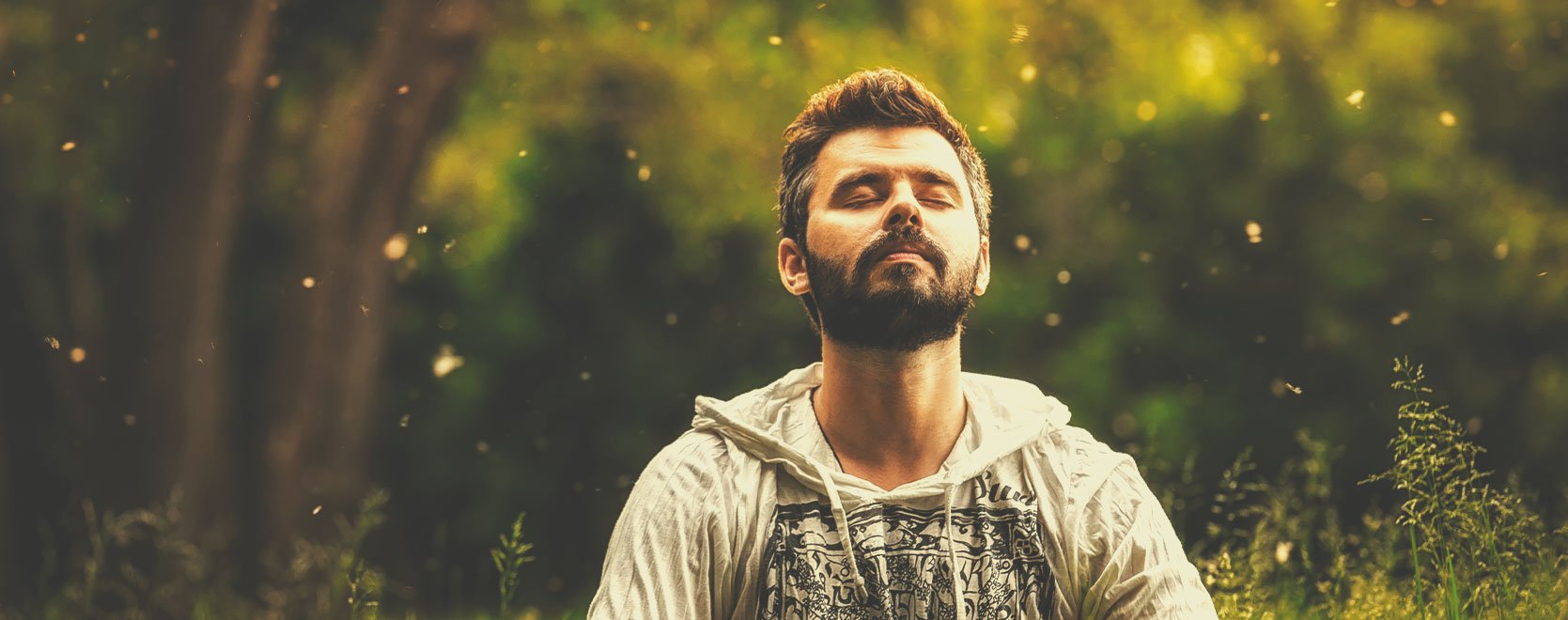
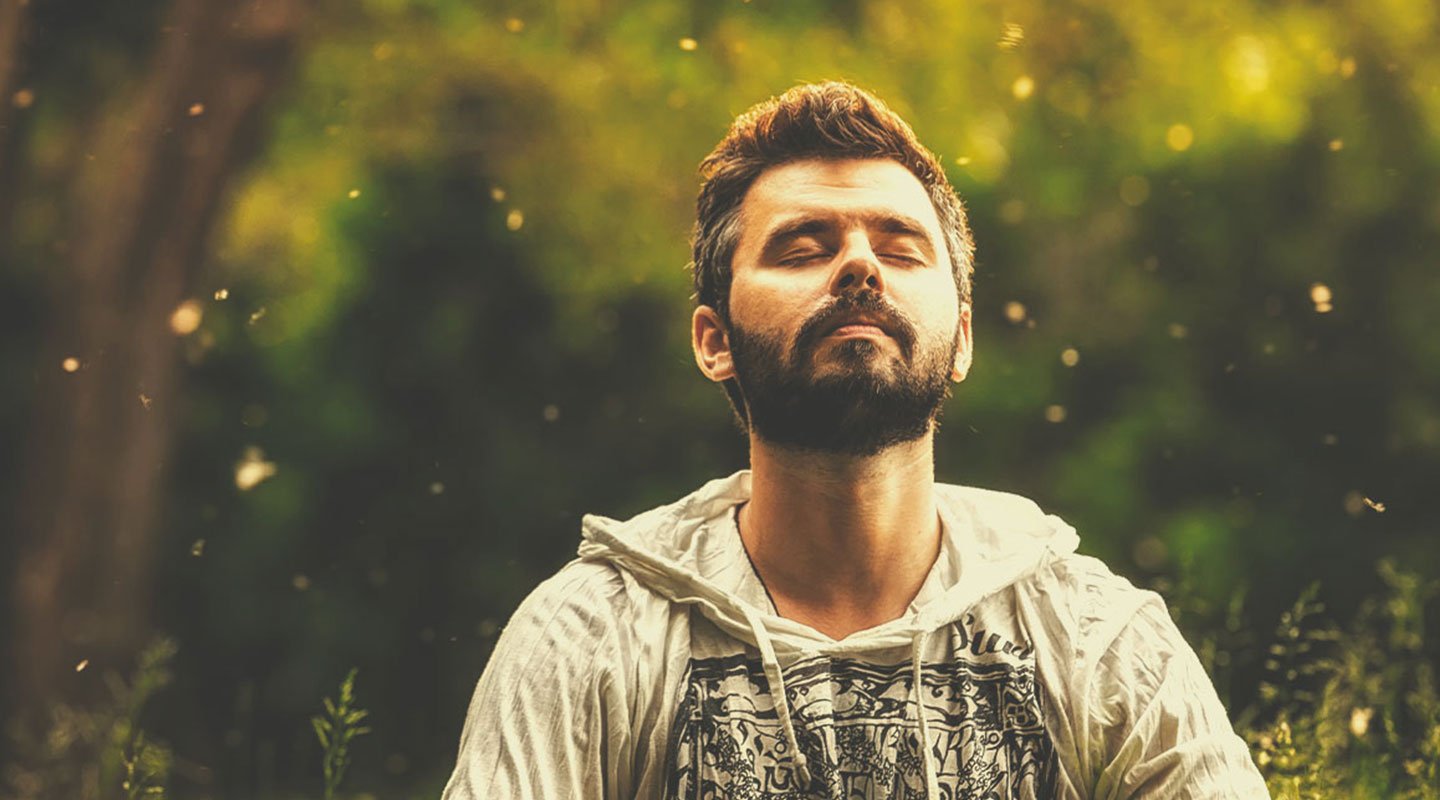
I did a lot of research, and was very grateful early on that I was able to find the Royal Queen Seeds blog, because it first and foremost offered education. And that was really important to me because, at the time, there wasn’t a lot of education on social media. The little that was was mostly screenshots, and I would sometimes do the same when I started “The Mommy Jane”. I would do the reshares and everything, because there really wasn't a lot going on four years ago, and I'm so grateful for the little that was out there, and being able to come across your page. So when I realised there's minor cannabinoids, there's terpenes, we can use cannabis to lose weight instead of gain—I wanted to break the stigma that cannabis is for the lazy stoner sitting on the couch eating everything in sight. I wanted it to be seen as a functional wellness medicine that can be used to actually lose weight, to get off pills or alcohol if you choose to—to better your life.
So I took the initiative and educated myself on the endocannabinoid system and minor cannabinoids, and came across THCV, as well as humulene, which is a terpene. I realised that terpenes are also found in many foods, such as grapefruit rind. This is another reason I consider cannabis a superfood. But these specific cannabinoid and terpene profiles are going to produce different results. Using THCV and humulene as examples, these are considered appetite suppressants, which is in opposition to what cannabis is also popular for: increasing appetite. For cancer patients? Heck, yes. For eating disorders? Absolutely. Use those tools to increase your appetite. But for someone like myself, who was heavily obese and my doctors were concerned and we were trying everything in sight and nothing was working, I really just needed a huge shake up. I needed a lifestyle change, and cannabis was that connection for me.
Cannabis brought that consciousness forward that wine wasn't doing for me, exercise alone wasn't doing for me—it needed to be that breakthrough for me to make those big changes and gain the confidence to make those changes too, because it's a mood booster, it's a confidence booster. I read a couple of weeks ago it used to be called “the plant for sorrow”, and man, that hit me so much, because as someone who suffers with anxiety and depression, that really hit the nail on the head.
5. What’s your opinion on microdosing?
If I took a tremendous amount of CBN during the day, I'd be asleep by four o'clock. If I take a tiny amount, which I do, I’m fine. I don't even do the full dose of the transdermal gel pump. We're going to be at that point soon where cannabinoids are dialled in to meet our specifications. So you'll be able to order a tincture that's like, “two milligrams of this, and a little bit of this, a little bit of that” personalised to someone’s remedy. And that's going to be so lovely because I truly believe that cannabinoid medicine is so important, and we should give all cannabinoids a chance. THCV is not for everyone; my husband is not a fan. He has a very low tolerance for THCV, so if he has more than 2.5 milligrams, it is a whole new world, and not in a good way. So we tend to stick to CBD, CBC, CBG… ones that help with focus, ones that help with creativity. Not all cannabinoids get you into that realm of extreme psychoactivity, and that's okay.
We can't say that CBD isn't psychoactive, because it absolutely is. It definitely changes the way I feel. When I take CBD, I am in a more blissful state. So in my perspective, that is some sort of psychoactivity in a very helpful and microdosing sort of way. We're not taking 90% THCV or THC dabs for a reason. When we're looking to microdose in a mindful, intentional form, our body actually receives it better. I've been hearing a lot lately that taking an overabundance of cannabinoids is actually not as positive as it seems. When you have cancer and you take a lot of THC, it may actually multiply your cancer cells. So you have to be really mindful. That's why CBD has had so many breakthroughs and is so important. We always say, “Oh CBD snake oil and this and that”. No—this plant has so many benefits that we can't discredit anything.
The thing is, we don't even know about all the minor cannabinoids yet; we haven't even discovered everything because we haven't had the opportunity to research everything. So imagine what we're gonna find out 10 years from now, and the hundreds of other minor cannabinoids and terpenes and other wonderful strains that are going to be beautifully blended in a healing capacity—what it's intended for. And yes, cannabis has a place in recreation, but I really do believe the stigma lies in the fact that we aren't making enough strains that are compatible for health and wellness. We need more THCV strains. It's so dire; it's so hard to find a THCV product. I know it took me so much research—so much Leafly and Weedmaps, and all those things. Who carries it? Sometimes I'd have to search through eight different delivery menus, and that takes time. It shouldn't be that hard for us to find medicine. I hope there's a day that I can travel to Massachusetts, or I can travel to Florida, Wisconsin, or even the UK, and I can find the medicine that I'm looking for no matter where I go.
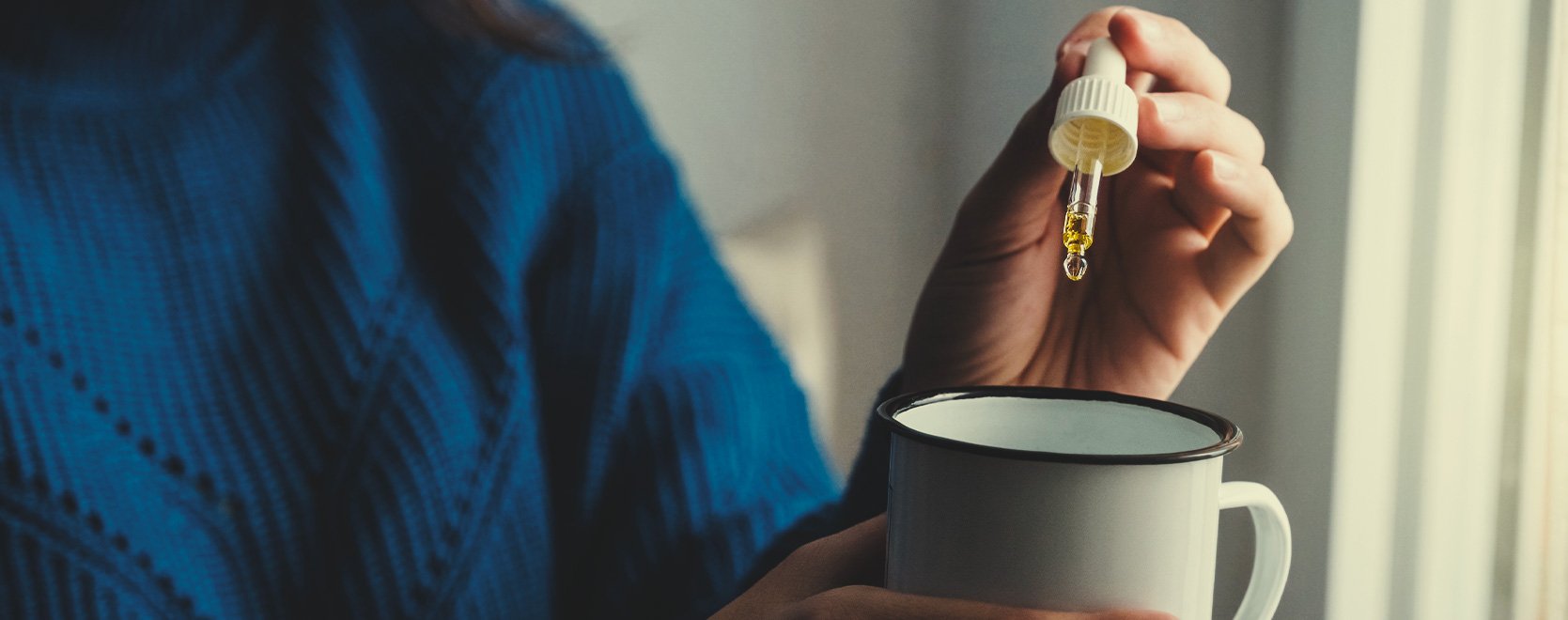
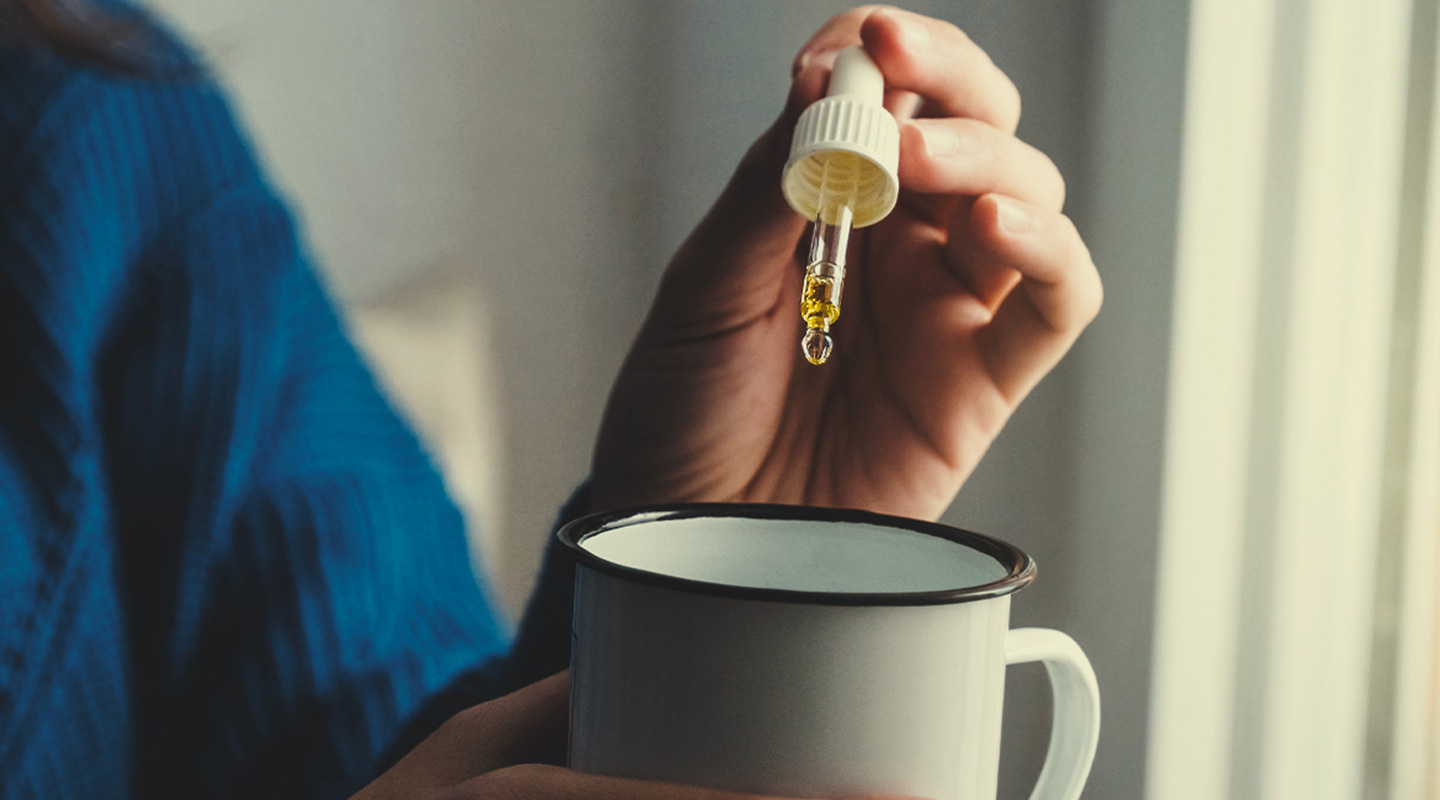
6. What does the sentence, “The plant shows the truth” mean?
We all have to be successful to some extent, and obviously that requires money and monetary value. But I feel the industry has reached a point where it's just become this very commercialised entity, and people are just throwing themselves on brands, companies, and products that aren't worth anything. They're taking advantage of their viewership, of their community, and it hurts me so much to see. They're ill-informed but very popular and well liked because they're recreation based, not education based. It's very hard to be well liked in this industry when you're education focused. It is not as well received, which is ironic because the stigma is attached to how educated we are on cannabis.
I believe that eventually the plant will show the truth, and only time will tell if these companies and influencers and personal brands that are popping up will eventually fade out.
But to also go back and just understand that the cannabis plant shares the truth of so many aspects beyond the falsities of the industry. It sheds light on so many things. I feel like, as an empath, I'm able to understand so many other truths of the world because of cannabis. It shines a light on the truth of your health, on the truth of your mental health, on the truth of your family.
Cannabis saved my family because I was able to save myself, and in saving myself, I was able to help others, and helping others helped me improve myself, which led me to my family again.
It's all about how we use it. I could have used cannabis to destroy my family, to destroy my life, which would have been awful because I would’ve just been part of that stigma again. I was adamant about breaking the stigma so that other parents could talk about it and use it to benefit their lives, and wouldn't be ashamed to realise that it's just a plant. It's a healing entity, and it's been used for thousands of years for a reason, by royalty, by farmers, by the common people. It's been used for so many versatile reasons. If you haven't done your research on the history of cannabis, please do yourself a favour and educate yourself. And if you haven't educated yourself on the endocannabinoid system, please do so. Our bodies make cannabinoids naturally; it's in our breast milk when we feed our children for the first time—that's what teaches our children that this is how we eat it as appetite increases.
Since day one when we're singing, when we're dancing, when we're running—we are creating cannabinoids. It's naturally occurring. It's absolutely unbelievable that we are criminalising nature. We are criminalising ourselves because it's what we’re made of. So it's a crime on us, a crime on humanity, and a crime on human rights that we don't get to utilise it in the way it was intended.
And maybe that's why they don't want us to have it, because it does bring out the truth.
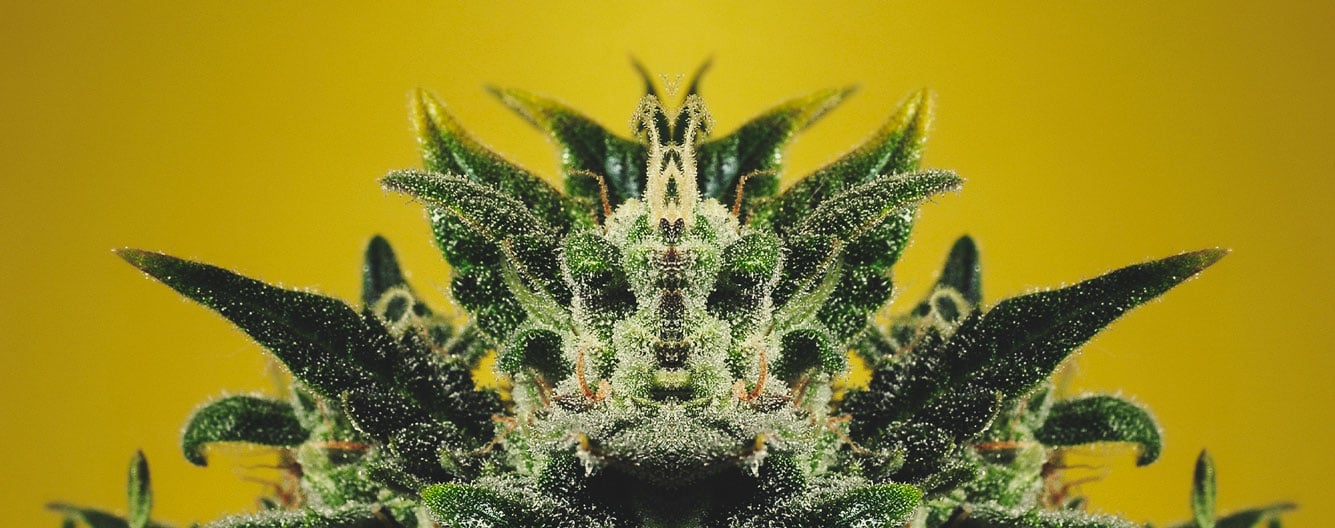
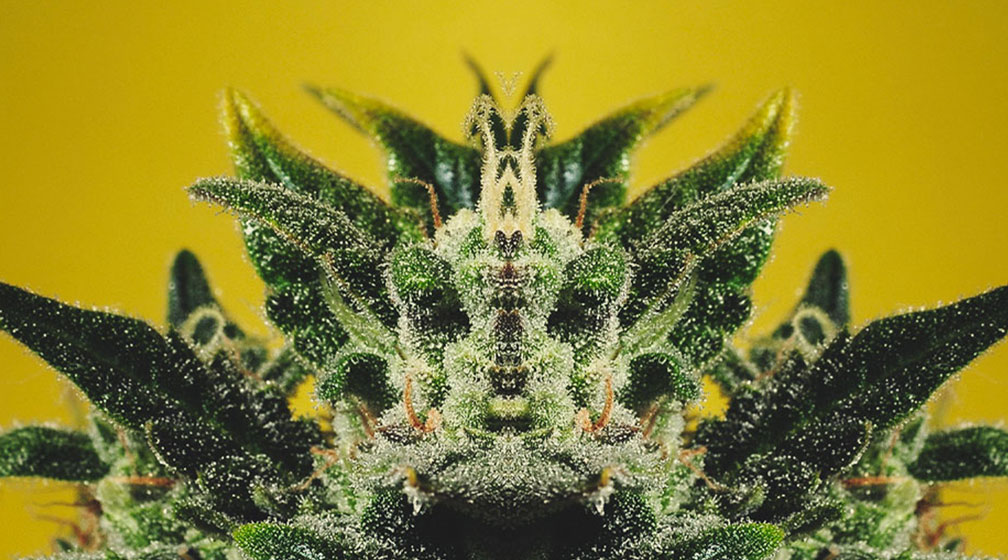
7. Is it possible to self-medicate with cannabis freely and consciously?
I went the route of self-medicating and weaning myself off of SSRIs. I probably should have sought professional help, but at the time I was very afraid of them trying to talk me out of it. I didn't want someone telling me “Don't do this”, “Are you sure?”, “You're a parent”… I was not in a supported community at the time—a lot of Southern California is not very supportive. There is still a stigma attached, and it's very bizarre. I had to be very mindful about not telling people I self-medicated, but before that, I was self-medicating with wine. So I figured this is the lesser of two evils, because I was self-medicating my social anxiety with wine before events, drinking during events, sometimes over-drinking, throwing up from alcohol poisoning; it wasn't doing me any good. What was that doing for my lifestyle? That wasn't very healthy.
So I truly believe humans know best, mothers know best. I listened to myself, I listened to my heart, I did what cannabis teaches us, which is to follow your inner guidance, listen to that higher self, and realise that you can use cannabis for wellness and you can use it intentionally, even beautifully. It can bridge the gap between other problems that you didn't realise you had. It has helped heal so much trauma for me. It's helped heal PTSD for me, it's helped with postpartum depression for me. It is a tool for my confidence and for my bravery. It's an all-encompassing tool.
So it really is about how we use it, and the mindfulness attached to it. And if we meditate, we can become unstoppable. Meditation taught me about manifestation, and I realised I could co-create with cannabis, co-create with myself, co-create with this universe and really make these powerful moves. Not to be boastful or braggy, but I've been able to accomplish all the things I've wanted to in life so far. From playing in rock and roll bands to this interview, to what else is going to be next? I've been an event planner for the Make A Wish Foundation. That's just such a healing lifestyle, too. I've been able to co-create with cannabis and bring forth all these wonderful, beautiful things: the home I currently live in with my family, the conversations I get to have with you, the people that will listen to this whose lives will be changed and influenced in a positive, healthy way. We need more of that.
Where are these people that are making health and wellness normalised and socially acceptable? To be like, “Hey, we should be more mindful of how we consume cannabinoids, and let's talk about other cannabinoids besides THC”. Yes, THC is lovely, but we know a lot about it. Even though we don't know so much, we still know enough. Let's let other cannabinoids shine. Let's get to know THCV, which is less psychoactive. If you don't want to be high for an hour, guess what, after 10, 15 minutes, that change is gone. Your brain is tickled for a little bit, and by the time you're done with your cup of coffee, you're ready to go about your day. You have more energy, you're more satisfied, your anxiety’s probably lowered—and you’re not wanting to eat your entire pantry. I love cannabis, but I don't want to have to pay for all the groceries that it wants me to consume.
There's a time and a place for everything. On Friday nights I'll eat pizza and ice cream and all the munchies in the world, and it's so much fun and that's great. But I also love the feeling I get when I'm consuming CBD olive oil on my salad and it's just those crunches and happy nuttiness, and you know your body's being nourished. We need to recognise that this part of the industry is just as valuable, just as important, just as sexy. We can bring sexy back into health and wellness, right?
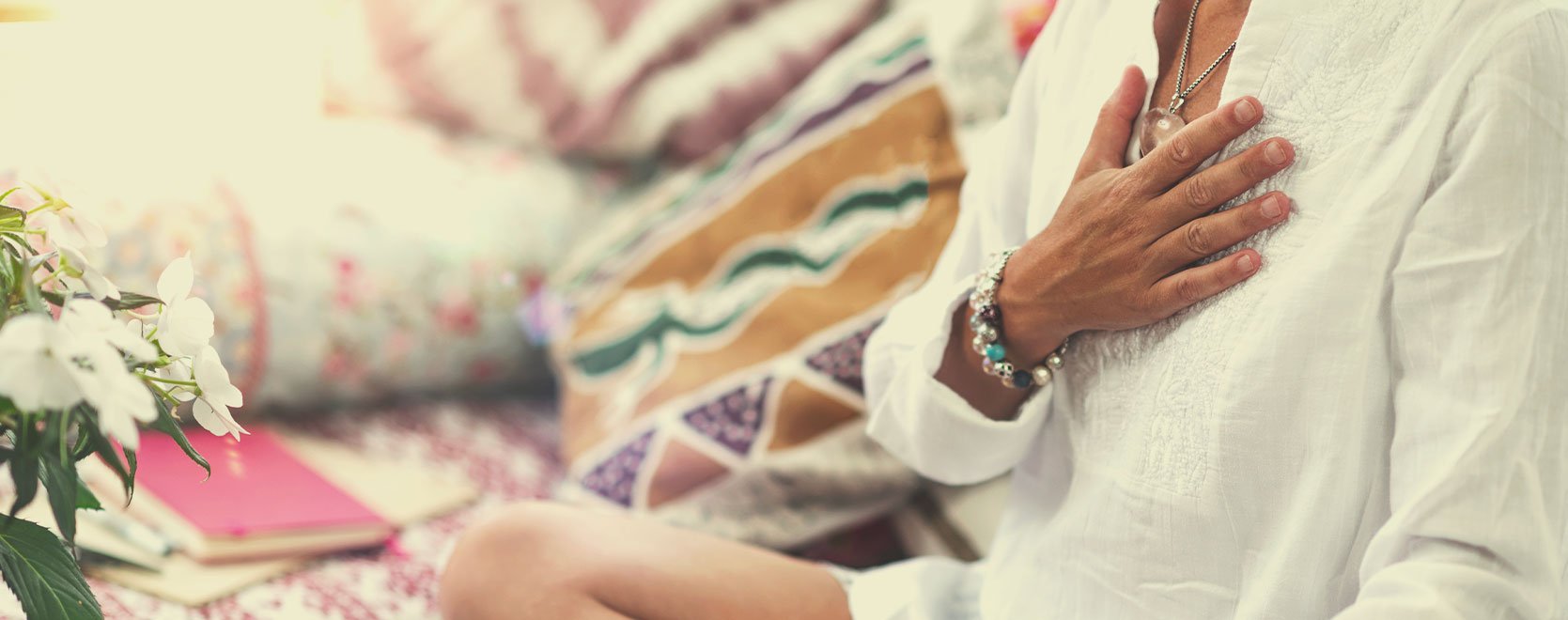
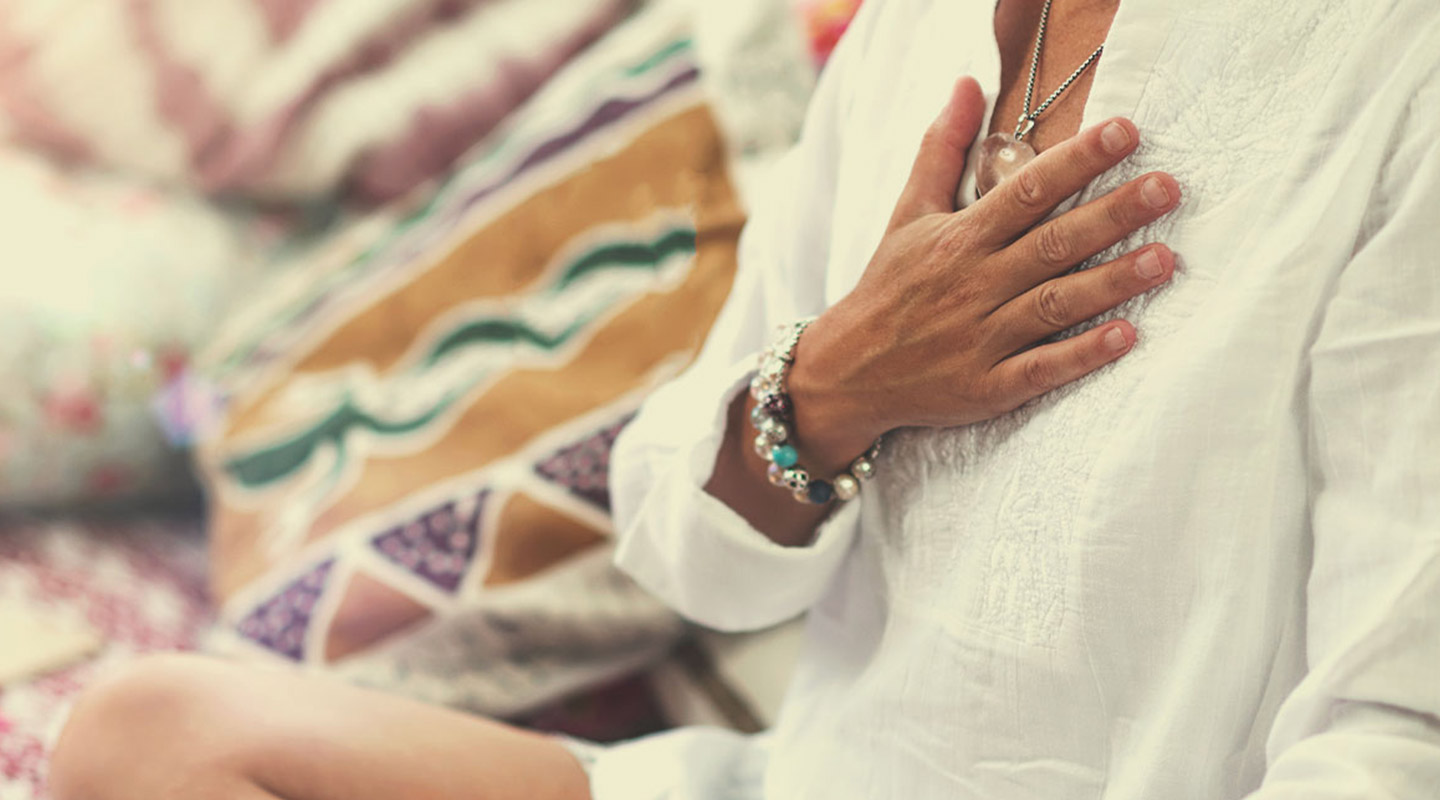
8. How does cannabis culture promote positivity, acceptance, gratitude, and wellness?
I think it really just comes back to us being able to open our third eye and connect with what our bodies were meant to connect with—our true selves. When we're feeling elated, blissed out, or happy from other successes, we want our friends and family to succeed. We're not bitter, we're not jealous, we're complimenting strangers, we're more lighthearted to our children. We're cleaning up our houses, we're doing those dishes, we're maybe putting on a little bit of lipstick that day and doing those things that just make us feel so good, and we're vibrating at a high, high frequency. When we're making lifestyle choices that aren't so positive and we're doing things that aren't so fulfilling to our soul, then we're nitpicking at our children, we're nitpicking at strangers, we're nitpicking at ourselves. We're shameful, we're not helpful, and we don't want anyone to succeed. We're jealous, rageful, we don't do anything to help ourselves, and we don't do anything to help one another. That is not what this plant is intended for.
When we use it with intention, it goes to the frequency that's needed, and everything else just autumns into place. It really starts to create that mind-body-spirit connection, and then we start to vibrate at the frequency that's who our higher selves are supposed to be. That's why I feel it's called “getting high”. I truly believe words mean everything. It doesn't mean you're high like you are when you're on other drugs. It is a highness that is indescribable unless you experience it. When you dial in on your cannabinoids and you find that perfect match and feel that homeostasis, it’s like, I just want to bottle this up and drink it all the time. When you get to that sweet spot, when you hit the right amount of tea in the morning and the right amount of CBD or CBN, or CBG—whatever floats your boat—you become an unstoppable rocket. That's what we're supposed to feel.
We're not supposed to feel this jealous rage toward our cubicle friend. We're not supposed to say, “Oh, I'm not going to talk about that person's success because, geez, I shouldn't even congratulate them, I'm just pissed off”. That's not what we're supposed to do. But if this industry is going to survive and we're really going to break the stigma, we need to change how we think and feel about this plant, about one another, about the possibilities this industry can bring.
Let’s not limit ourselves—we can be greater than the alcohol industry, greater than the plastics industry, greater than Big Pharma. Just like our cannabinoids, meditation should be a daily practice. It can happen when we're doing laundry, the dishes—whenever we stop and realise that we have a human connection with ourselves and our bodies and it's so temporary. We're so lucky to have that moment to be able to do dishes. We're so lucky to even be clothed in this t-shirt at this time in 2021, to have our health and wellness and just pause for those moments. That’s what's gonna bring us bliss. This world is a crazy place and it's always going to be. It's not going to stop. It's not going to get any easier. We just have to get stronger. And how do we do that? We empower ourselves with mindfulness, with meditation. Ask any successful human about their daily practices—every single one I've ever met meditates daily. From scientists to celebrities, they all take a moment to pause and realise that we are so tiny, but we are also so powerful.
We have to remember that that's what cannabis is. It's so tiny—it's such a tiny seed, but look at that seed. When it grows up, that little seed heals bodies and minds and souls. We are that little seed as well; we have the power to heal mind, body, and soul. But we need to understand it as well, we need to remember who we are and why we came here. We need to remember why cannabis is here. But we need to go back and remember it all. Yes, we can make money with cannabis, but let's do it mindfully. Let's do it with intention. Let's do it for the reasons that the Rastafari want us to. Please remember our roots—all of you, please, remember your roots. And if you don't, like I said, then do the education, because it's up to us. The stigma starts at home, just like ignorance.
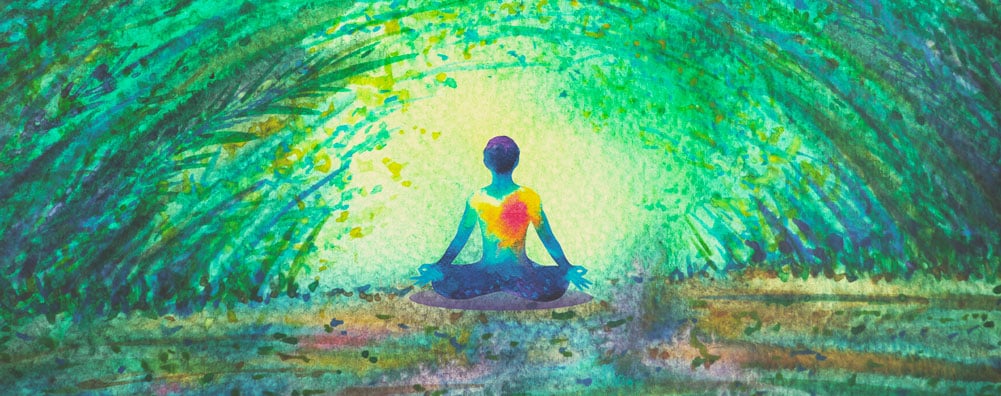
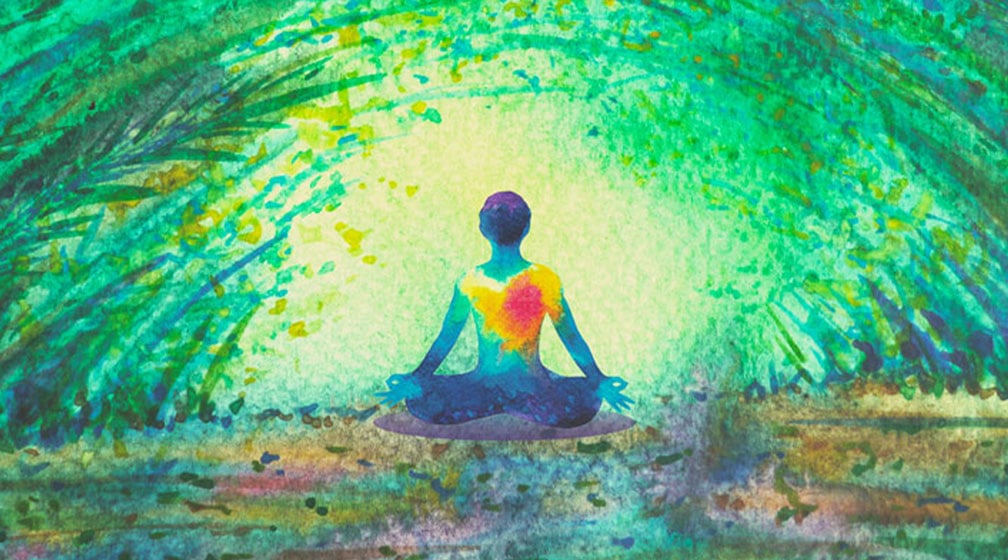
9. Can you share a practice with us that we could use to meditate with cannabis?
I have to meditate first thing in the morning. I'm a very energetic person, I'm very type-A, and I need to get grounded in gratitude right away. I have this slide behind me to stay grounded for a reason. I recommend people do a little Post-It note on the mirror in the morning, or a little lipstick note, or a little Expo pen, “Good morning, beautiful, don't forget to meditate. Let's pause and take 10 deep breaths” or whatever you want to write. Maybe change it up weekly or monthly, or whatever you feel is good. But everybody has a few minutes to breathe every day, and believe it or not, even that is meditation.
So, close your eyes while you're at the mirror in the bathroom, and grab the sink, if you want to. If you want to feel a grounding position, it doesn't have to always be Lotus Pose. If you want to chant, feel free to do so, but it is as simple as being in the present moment in your bathroom. I personally love listening to binaural beats while I'm meditating. I like listening to wind instruments and chimes, and although I try to change it up, it's just me—I like music, I like sounds. Then sometimes I just want to go up on my rooftop and listen to the sounds of cars going to work in the morning and wishing those people a good day and wishing myself a good day, and everybody that feels what I'm feeling right now in my energy frequency.
I want them to feel that love. If it's my neighbours, if it's someone walking down the street, I just send it out. So you can do those things. It's just so simple. It doesn't have to be lighting candles and getting the palo santo out and all of that craziness; it can be as simple as sending love to three friends that day, being in that gratitude, taking a moment to thank your body. Today, I don't have any cuts or bruises. I'm so grateful my body feels good. Being mindful of where you want your energy to go today. “Okay, today I have a big interview. I hope the interviewee has a great day, I hope I have a great day, and everyone arrives safely to the building…”. Taking those moments to just set intentions is also meditation too. Like I said, it doesn't have to be a grand thing; I think people are intimidated. They feel like they need to sit in silence. They feel like they need to do it for an hour.
Meditation can be done in a few minutes, a few breaths, a few moments. It's so important just to remember that we are human every single day. And to forgive ourselves for our mistakes, forgive ourselves for our flaws, to realise that cannabis is a forgiving plant. Think about how good you feel once it's in your body. She goes in there and cleans-up house like a housekeeper. So do that with yourself to make sure you're also doing housekeeping. And that's what meditation is—it's personal housekeeping. Scan your body; is there any pain that day? Do I need to send love to my shoulders? Am I feeling extra tense? Why am I feeling tense? Am I feeling the weight of a bill coming up? Or am I worried about a payment not going through? What is it about me that has to be released to realise, “You know what, the money is coming, it's already here”. It’s whatever you need to tell yourself to realise that it's fine, everything is fine, and you're taken care of in that moment. And just realise that you are okay, and you're safe.
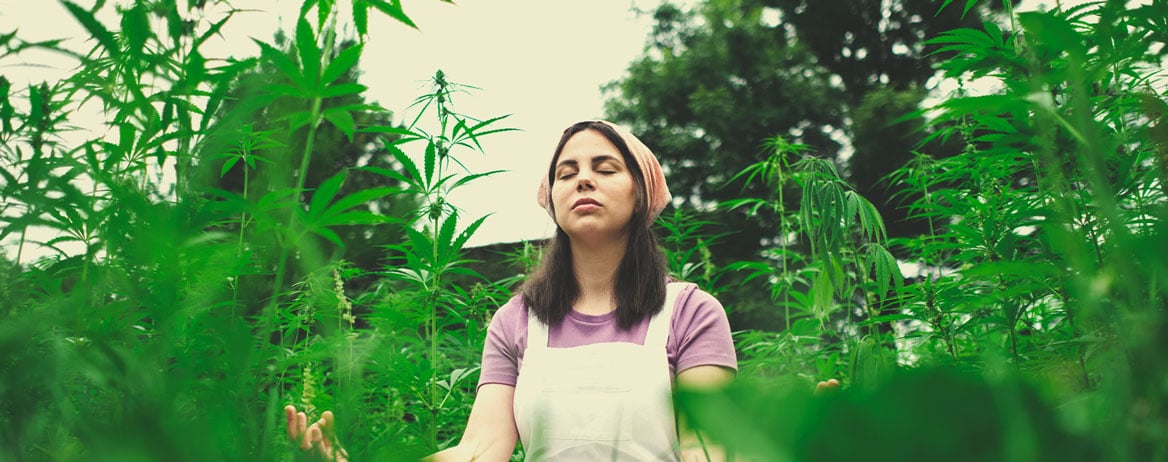
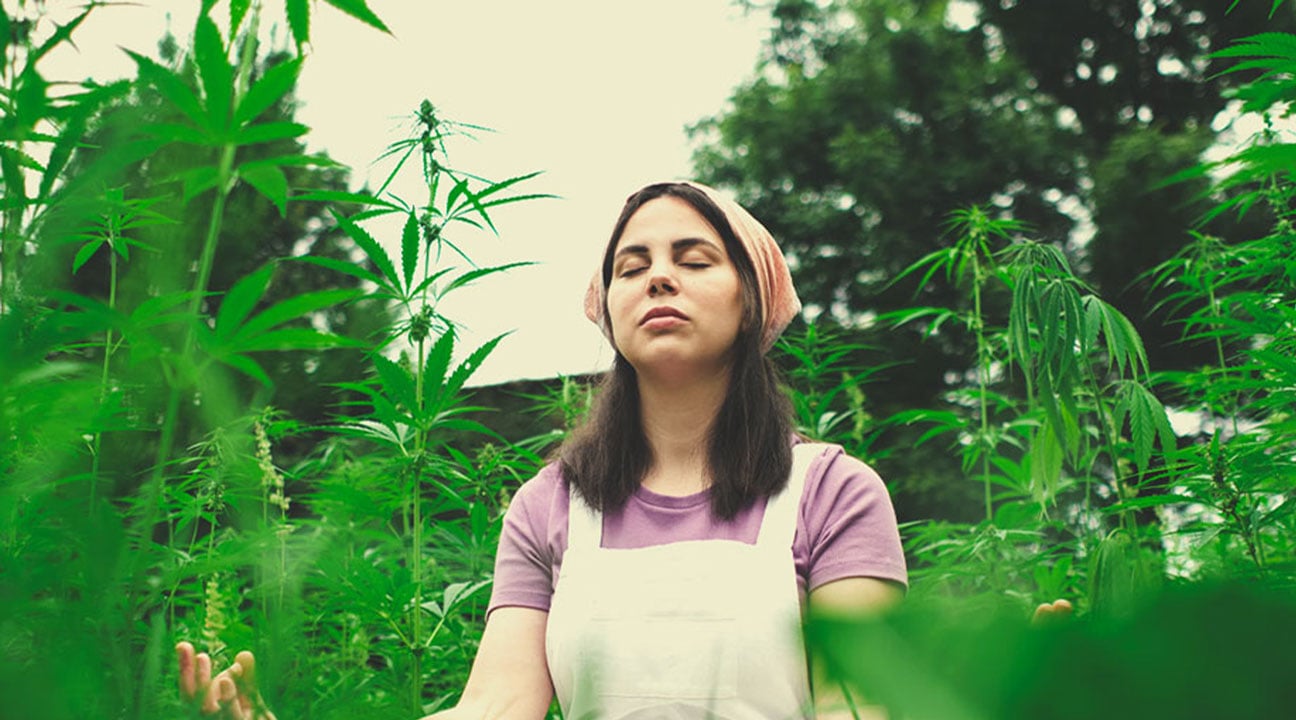
10. If I don't like meditating, what other practices could I do (perhaps walking in the park or reading a book)?
Yes, I really love that. They're already thinking outside the box. Meditation is not a "one size fits all" practice. People love transcendental meditation, and they want to float and do it for hours, and that's lovely. You can get to that point, but we don't need to run a marathon right away. We can do sprints.
As I mentioned earlier, it can happen during dishes, even with food. Next time you eat a cannabis gummy or a CBD gummy, think about how it feels in your hands. Think about how it's in your mouth and how the granules on the outside taste. How does it feel? Can you taste the cannabis at all? Or is it just the sweetness? And what is the sweetness that you taste? And think about the hands that made it as you're eating it, and really get mindful while you're even just eating. We all love to eat; I mean most of us do. For the most part, I can generalise and say that we enjoy eating, and so why not be mindful while doing so?
That's meditation too; believe it or not, just honing in on rolling a joint—the paper you're touching, the way the grinder feels when you're grinding—is meditation. It doesn't have to be this monster moment; it can just be in the moments you're being mindful throughout your day. And you're just listening to that grinding and listening to the human experience and being grateful for the fact that you have the plant, because there are so many of us around the globe that are without it every single day that need it.
We have to remember that. To just stay in gratitude for the days that we do have access to the plant, and send love to the ones that don't, and be grateful that we can heal with plant medicine, because many don't have that privilege. Hopefully, we can make these wonderful changes together and bring forth cosmic healing and wellness. All over the world.


























